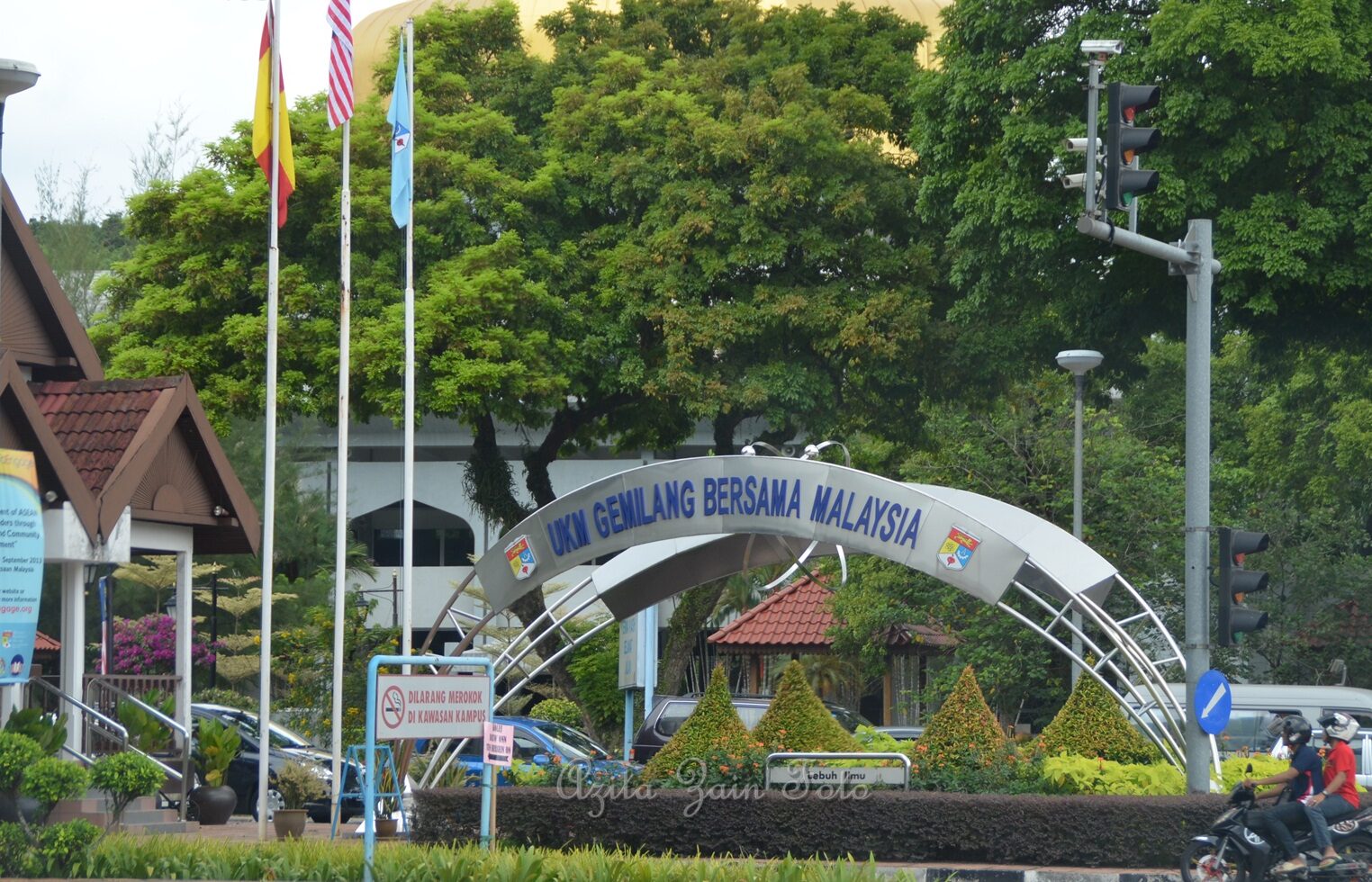
“UKM controversy is example of what ails public unis in Malaysia”

A DAP leader has called the recent Universiti Kebangsaan Malaysia (UKM) brouhaha an example of “what ails public universities in the country”.
Prof P. Ramasamy was referring to the controversy surrounding the public university’s recent dress code guideline that it has published in conjunction with its upcoming 50th convocation ceremony.
The public university had drawn public ire when a poster bearing the university’s emblem on the dress code advisories for the convocation ceremony went viral on social media platforms over the weekend.
Depicted in the poster was the acceptable and unacceptable attire to be worn during the ceremony for both male and female graduates.
However, what had angered social media users was that the university had listed the traditional dresses for Chinese and Indian women, namely the cheongsam and saree in its prohibited clothing section.
Touching on the dress code issue in UKM and the implications of racism, the Penang DAP deputy chairman noted that by definition, universities as centres of learning and contributors to the production of knowledge should have no place for racism or religious bigotry.
“Under the conditions of institutional racism, it is a surprise that UKM came out with the racist hegemonic dress code for its convocation ceremony,” he commented.
Questionable quality of public unis
According to Ramasamy, over the years a number of public universities have been created with taxpayers’ money and they have created employment and promotional possibilities for the general staff and lecturers.
“However, whether the universities are on par with the quality of some of the leading universities around the world remains a question mark,” he noted.
While he acknowledged that the teaching fraternity might be promoted to various academic ranks, Ramasamy questioned if they “deserve [the promotions] in the first place”.
“It has been universally established that the teaching and research staff are promoted on the basis of academic excellence – in other words, the sole measure of this academic excellence is none other than publishing research materials in peer-refereed journals or books by leading establishments,” he pointed out.
“However, our local universities have sought to divert from this cardinal point by including other criteria other than quality publications and by doing so have paved the way for the academic promotion of those whom are considered ‘favourites’ or those who are ‘politically acceptable’.”
According to Ramasamy, the “sub-standard” nature of academic promotions in the country also meant the deterioration not only in terms of the quality of academic staff but also students in general especially those in the sciences, engineering and mathematics faculties.
“This is so much so that given the talent crunches in various industries in the country, universities play a poor role in preparing students to enter the private sector,” he remarked.
“Thousands of students might be graduating from public universities every year but the question is whether they are equipped with the necessary technical and scientific knowledge to address the shortage of talents in the industry as a whole.”
Calling the “lack of foresight and serious planning” to address the talent shortage in the private sector a “serious problem”, Ramasamy questioned the efforts on the Government’s – and the Education Ministry’s – part to address the bifurcation between “what is produced” and “what is needed”.
“There have been endless complaints from the manufacturing and industrial establishments for the government to address the talent gap and to date, these complaints have fallen on deaf ears,” he said.
Noting that Malaysian public universities are like “castles built on sand” as they do not have strong academic or intellectual foundations, Ramasamy further criticised UKM’s inability to even come out with a decent policy on the dress code.
“Given the fact that its very existence is steeped in racism and bigotry, the directive on the dress code was merely a reflection of its precarious existence,” he said. – Nov 1, 2022
The good professor missed the whole point.
ReplyDeleteAs far as UKM is concerned, there is only the malay race. All other races are unimportant and should not even be acknowledged much less exist.
The cheongsam and saree were deliberately prohibited. THERE WAS NO MISTAKE
This is ketuanan melayu in its rawest.